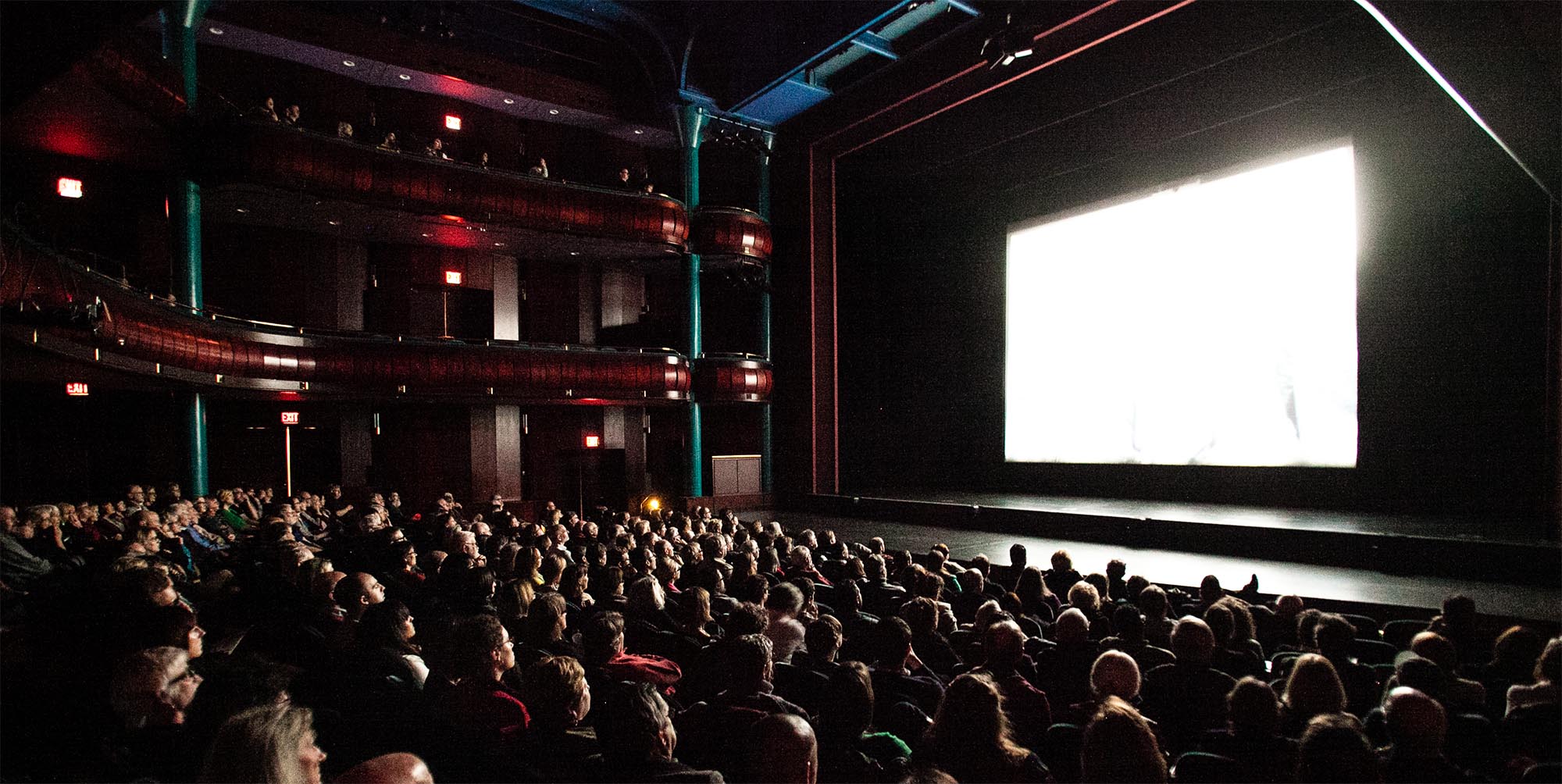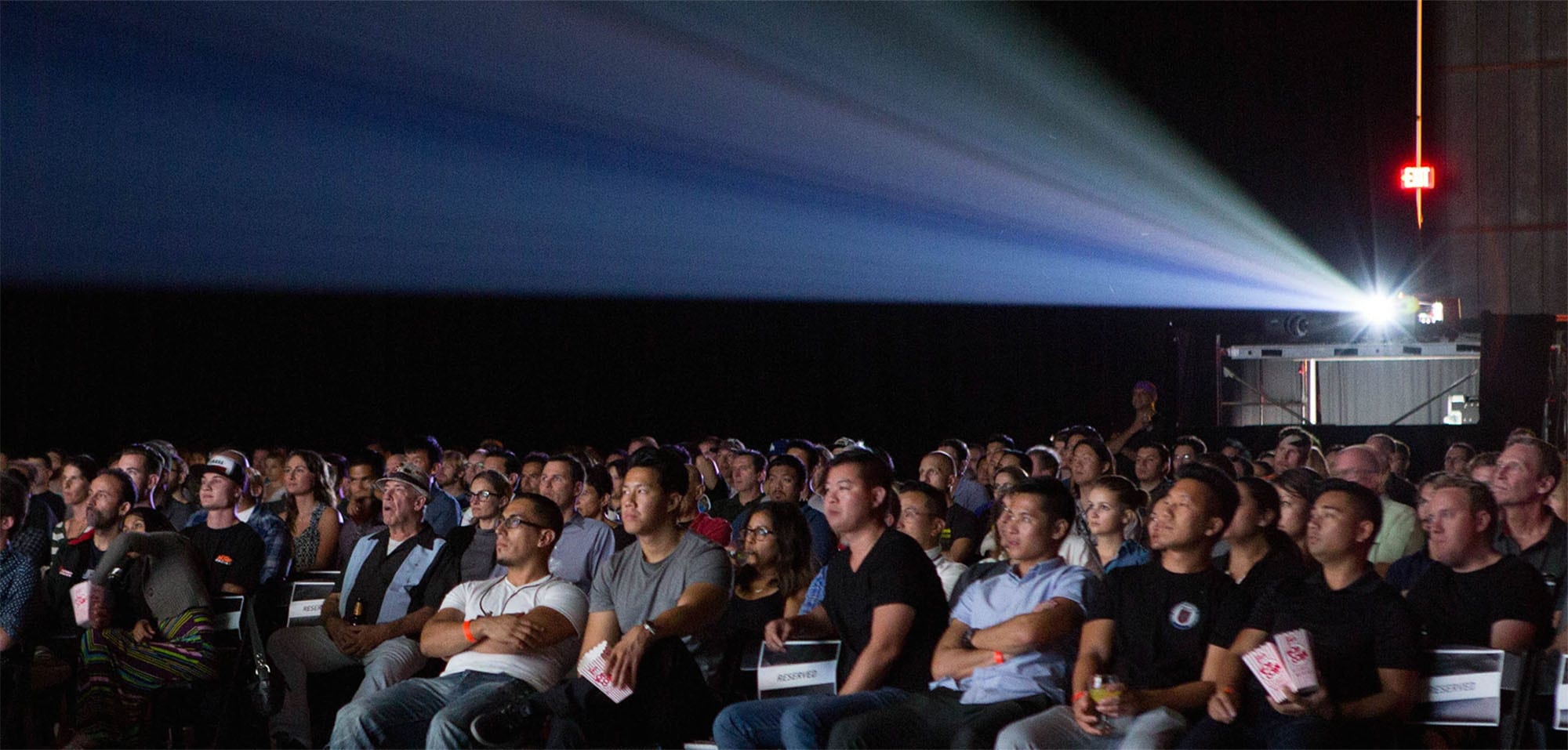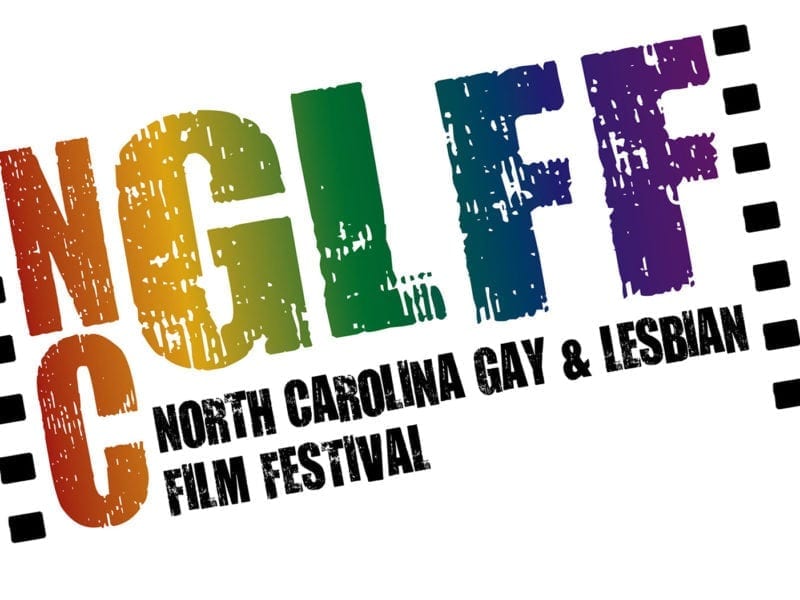
Queer fests: The best LGBTQI indie film festivals
One of the great things about film festivals is they offer opportunities to all groups of people. No matter what race, gender, or sexual preference, if a filmmaker has a story to tell and talent to offer, there are endless fests in which to find an audience including press release distribution.
We’ve already turned our spotlight to some of the best LGBTQI film festivals out there once before, but since there are so many to choose from, we’re offering you a second round. So here goes – if you’re a fan of queer-themed cinema, better get the following events in the datebook.

Melbourne Queer Film Festival
March 15 – 26
Melbourne, Australia
Described as the “biggest, oldest, and most successful queer film festival in Australia,” MQFF showcases queer cinema from across the globe, screening roughly 100 sessions of gay, lesbian, bisexual, transgender, and intersex films each year. The festival accepts both features & shorts, and recognizes local & international filmmaking talent through its Awards Program, which includes prizes for Best Australian Short Film and Best Feature.
Speaking on the event, filmmaker Lucinda Horrocks called MQFF “a great festival, really well run with a friendly, welcoming and laid back vibe. A great value for Melbourne-based filmmakers to get exposure.”
BFI Flare
March 21 – April 1
London, England
BFI Flare: London LGBTQ+ Film Festival – formerly known as the London Lesbian and Gay Film Festival – is hailed the “biggest LGBTQ+ film festival in Europe”. Organised and run by the British Film Institute, all screenings take place at the BFI Southbank, offering audiences a selection of features & shorts. Artistic director for BFI Festivals, Tricia Tuttle, announced:
Queer cinema has never offered more richly complex and diverse characters and stories than we have seen in the last few years and that shines through in the quality of festival that the program team have put together. This diversity has also inspired us to update our festival name to BFI Flare: London LGBTQ+ Film Festival. That Q+ reflects shifts in cultural conversations around identity, but also the festival’s own ethos as welcoming and inclusive.

KASHISH International Queer Film Festival
May 23 – 27
Mumbai, India
Organized by the non-profit KASHISH Arts Foundation, the annual KASHISH International Queer Film Festival is the first Indian LGBTQI festival to be held with approval by the Information & Broadcasting Ministry, Government of India.
Since launching in 2010, the event has attracted top line Bollywood celebrities, filmmakers, critics and academicians from across the globe and was voted one of the “top five coolest LGBTQI film festivals in the world” in an audience poll conducted by MovieMaker. Every year the festival screens 110 to 180 films including shorts, documentaries, and features, all centered around LGBTQI themes.
FilmOut San Diego
June 7 – 10
San Diego, U.S.
The mission of FilmOut San Diego is to enlighten, educate, and entertain the communities of San Diego County and beyond through the exhibition of LGBTQI-themed films. The annual event has gone from strength to strength over the years, now offering over 50 international documentary, short, and feature films during the course of four days. Program director Michael McQuiggan described how “our festival is well-respected in the film community and often has world and U.S. premieres.”
“People from around the world attend the festival as we offer filmmakers Q&A sessions after most films. Interviews with filmmakers and talent are uploaded to social media platforms for maximum exposure. We also have a fantastic Opening Night gala and Closing Night party each year.”

FIRE!! Barcelona LGBT Film Festival
June 7 – 17
Barcelona, Spain
The organizers of FIRE!! Barcelona LGBT Film Festival, Joako Ezpeleta & Antoine Leonetti, noted the festival’s name is a tribute to the late 20s New York magazine of the same name, led by the writer Richard Bruce Nugent – one of the few gay artists of the Harlem Renaissance who was out publicly. “Nugent is portrayed in one of the most iconic films of the festival, Brother to Brother, which we screened a few years ago.”
The event itself was established in 1995, and to this day it addresses diversity through the careful selection of features, documentaries, and shorts. Filmmakers are honored through awards including Best LGBT Feature Film, Best LGBT Documentary Film, and Best LGBT Short Film.
Queer North Film Festival
June 14 – 17
Ontario, Canada
Queer North Film Festival is currently the only queer film festival in Northern Ontario. Celebrating the diversity of the gay, lesbian, bisexual, transgender, and two-spirited communities through quality cinema, the festival consists of four days packed with film premieres, artist talks, panel discussions, and parties that focus squarely on queer-themed films and videos from Canada and beyond. Submissions are accepted in documentary and narrative features and shorts.

Queer Lisboa: International Queer Film Festival
September 14 – 22
Lisbon, Portugal
As the oldest and one of the most prestigious film festivals in the Portuguese capital city, Queer Lisboa plays host to an average of 10,000 spectators each year, offering screenings of queer-themed feature films, documentaries, short films, and European school films. Since 2015, Queer Lisboa has also organized an independent section called Queer Porto, as well as panel discussions and networking opportunities.
Festival director João Ferreira declared, “Queer Lisboa caters for an LGBTQI crowd but the idea was to have a very diverse programme that doesn’t look at gay or queer cinema in a narrow way but finds narratives and aesthetics that could also be called queer. We try to forget the labels and look for queerness in all kinds of films. It really works here because the Festival is still very successful within the community but also for an audience who’s just interested in seeing these films.”
Gaze International LGBT Film Festival Dublin
August 2 – 6
Dublin, Ireland
GAZE International LGBT Film Festival Dublin celebrates queer storytelling through its annual event filled with movies that explore the many facets of LGBTQI lives worldwide, with categories including feature, Irish short film, and international short film.
Since 1992, Gaze has become Ireland’s largest LGBTQI film event, and the country’s biggest LGBTQI gathering outside of Dublin Pride. Filmmaker Carlos Ruano – who attended the 2017 event – stated, “This festival was the first one that selected us and the communication and hospitality were perfect. Highly recommendable.”

Vancouver Queer Film Festival
August 9 – 19
Vancouver, Canada
Each year, the Vancouver Queer Film Festival showcases films that illuminate the transformative moments in the lives of queer people. The event hosts eleven days and nights of features & shorts, performances, networking events, and parties, and over the years has grown into the largest LGBTQI arts event in Western Canada and the second-largest film festival in the city.
The organizers described how they “seek work in all genres that confronts stereotypes, pushes boundaries and strives for change, arouses and tantalizes, and above all, highlights the tremendous diversity of queer artists, locally, nationally, and internationally.”
North Carolina Gay and Lesbian Film Festival
August 16 – 19
Durham, U.S.
The North Carolina Gay and Lesbian Film Festival is the second largest gay, lesbian, and transgender film festival in the Southeastern United States, attracting thousands of attendants each year. Since launching in 1995, the festival has featured a diverse array of shorts, documentaries, and feature films offering a worldwide glimpse into today’s LGBTQI life.
Festival director Jim Carl said the festival gives attendees an opportunity to see films – particularly international ones – that they might not otherwise get a chance to see on the big screen. “Many of these films will never find distributors, many of them will never be sold to Netflix, or Hulu, or Amazon. The chance to see these films with an audience is very rare, and we’re one of the very few venues in the Southeastern United States who produce this type of event.”





